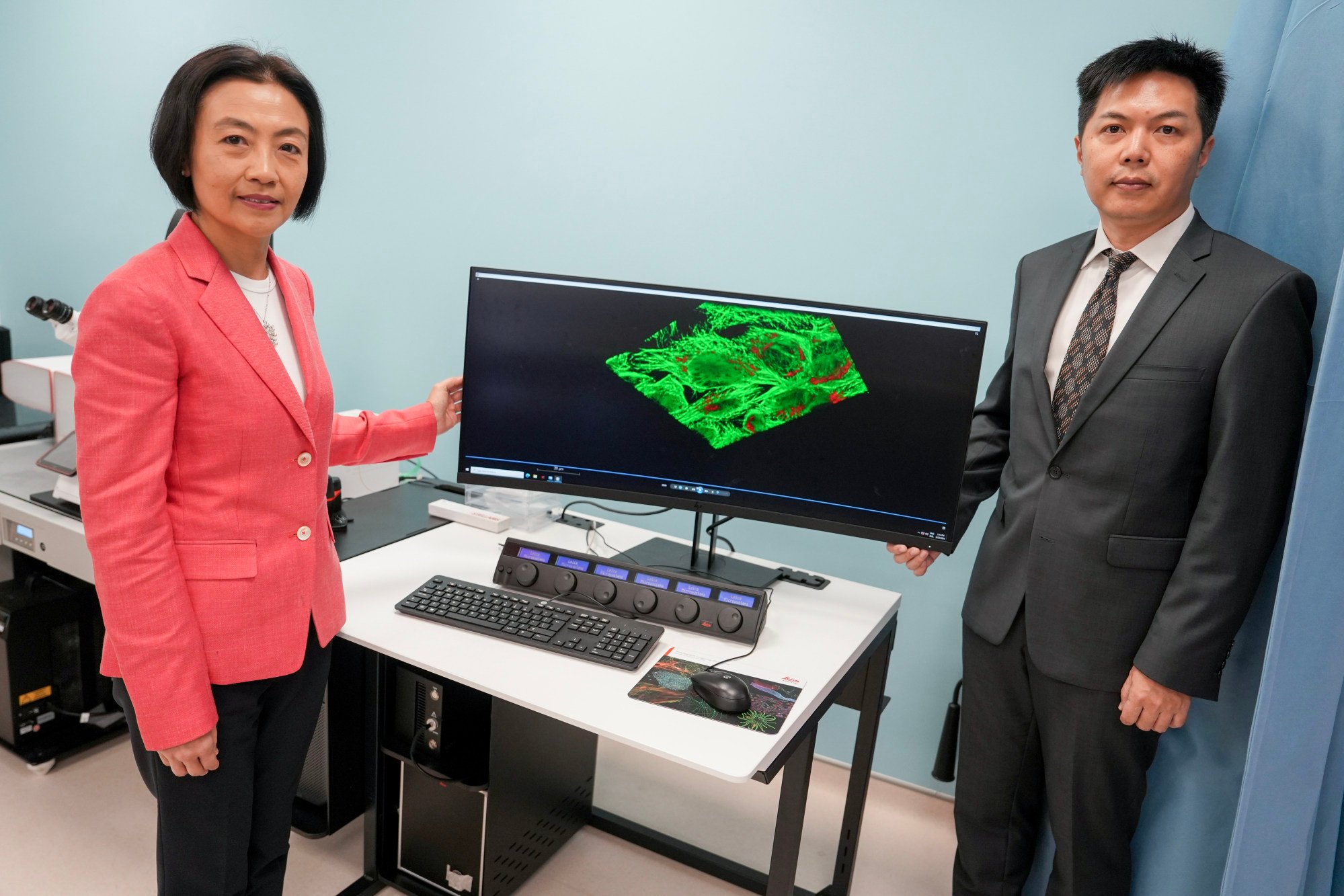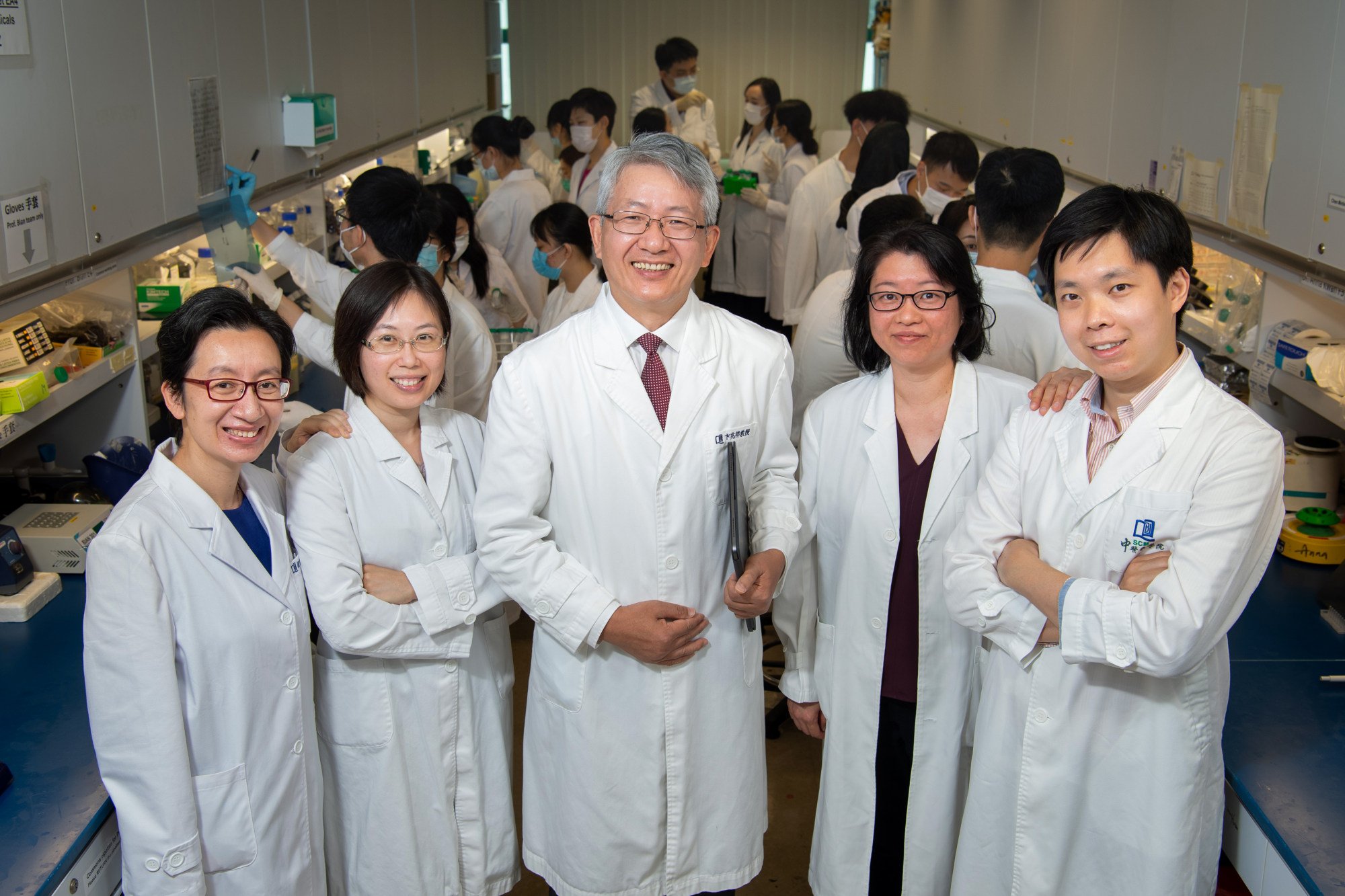
Hong Kong innovators look to world’s biggest biotech event in US to inject new life into projects
- Sixteen companies and institutes from Hong Kong Science Park will attend Bio International Convention from June 3 to 6
- Innovators hope to attract like-minded investors and partners to secure new funding and help bring Hong Kong products to global market
Hong Kong biotechnology start-ups are heading to the world’s largest industry event in the US to seek out new investors and collaboration opportunities in a bid to raise their global profiles amid the city’s research and development push.
Local researchers said they were hopeful their peers outside Hong Kong at the Bio International Convention in San Diego would share an interest in their work.
The delegation plans to showcase their latest products and services at a 1,000 sq ft “Hong Kong Pavilion” for the event, with local industry leaders making the trip to the convention for the first time since 2019.
“We hope to put Hong Kong back on the biotech map. In the past we have been developing well and growing rapidly … but outside Hong Kong not many people know the city is also a biotech hub,” said Grace Lau, head of the Hong Kong Science and Technology Parks Corporation’s Institute of Translational Research.
But Lau said there was still a need to connect with industry players in the West.
“The US remains the strongest place in the world in terms of adopting innovation, followed by China and the European Union,” she said.
Lau added that many biotech companies hoped to set up operations in those three locations.
The country’s latest five-year development plan calls for Hong Kong to become an innovation and technology (I&T) hub, with local authorities earmarking billions of Hong Kong to support the strategy.
Hong Kong’s delegation to San Diego includes local start-up YnnoMed, whose work focuses on developing new antibiotics that can tackle more resilient superbugs.

Ma Cong, a co-founder of the start-up and an associate professor at Polytechnic University, said he hoped to meet investors and multinational corporations (MNCs) at the US event that could help leverage the development of its research products outside China.
The company was already working alongside leading firm Shanghai Pharmaceuticals to develop products for the mainland Chinese market, but foreign collaboration was essential for expanding overseas, he said.
“We hope to find bigger pharmaceutical firms or MNCs which have sales teams in the US, Britain or Europe to help us,” Ma said. “We hope our new drugs can be used in every country.”
“Hong Kong biotech products will need help from international investment … and with this help, they can go global.”
The start-up co-founder added that his team had already completed preclinical trials on animals for drugs under development, and were planning to begin the first phase of patient trials on the mainland in 2026.

Ma’s views were also shared by Professor Bian Zhaoxiang, director of the Centre for Chinese Herbal Medicine Drug Development, one of the research centres seeking potential opportunities at the US convention.
He said that while the US Food and Drug Administration had already approved his team to conduct phase-one clinical trials, the centre planned to meet biotech companies with similar pipelines at the event to seek out potential collaboration opportunities.
“We hope to get into some collaboration which will help development [of our products] for international markets and drug research,” he said.
He explained that partnering with companies familiar with drug development in the US could help speed up and facilitate the complicated process.
Bian said the market for Chinese herbal medicines outside the mainland remained largely underdeveloped, while demand for more effective medications was huge.
Zheng Zongli, co-founder and chairman of gene therapy start-up GenEditBio, said he hoped to meet investors in the US and raise funds for his start-up.
Zheng, who is also an associate professor from Hong Kong’s City University, said investors in the US were more likely to be familiar with the field since the country was a leading proponent of gene-editing therapies.
“If we are accepted in the US, it will also mean we are more likely to be recognised globally,” he said.

